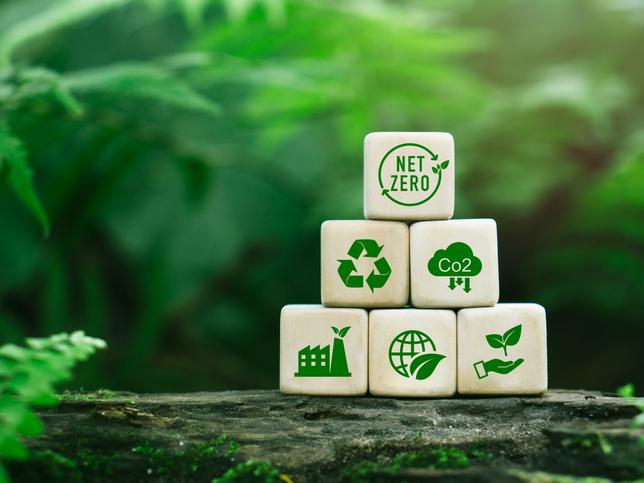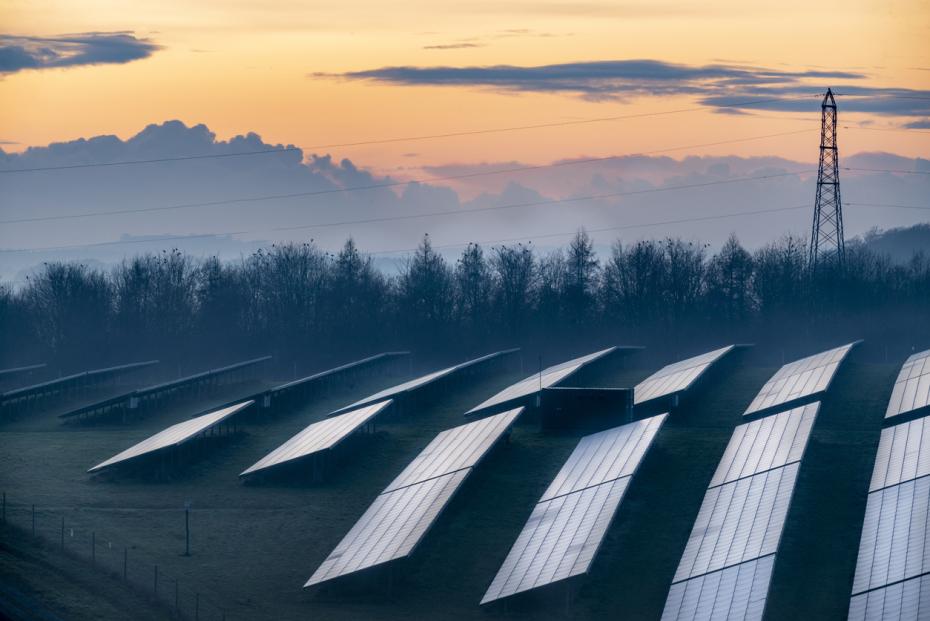
Campus talks: universities aren’t too small to lead the climate crisis fight
Key Details
Listen to this episode on Spotify or Apple podcasts.
This episode of the Campus podcast comes as record temperatures beat down through the northern hemisphere summer, with wildfires engulfing Greece and Spain and deadly floods in India. With the UK recently approving new oil and gas licences, it’s easy to feel that reversing the climate crisis is a lost cause.
However, our guests each offer elements of hope despite the bleak outlook. Bryan Alexander is a senior scholar at Georgetown University and a futurist. His latest book, Universities on Fire, implores universities to wake up and realise that they can make a profound change in the climate crisis. And he is cautiously optimistic about their ability to do that.
Our second guest is Sebastian Pfautsch, an associate professor in urban planning and management in the School of Social Sciences at Western Sydney University (WSU), with a background in tree physiology and, of all things, interior design. His multidisciplinary research is built around the complex issue of urban heat. He talks about some of the actions WSU, which has topped the Times Higher Education Impact Rankings for the past two years, has taken to meet the SDGs and what Australia’s experience of extreme heat can teach the rest of the world about cooling their cities.
If you would like advice and insight from academics and university staff delivered direct to your inbox each week, sign up for the Campus newsletter.


